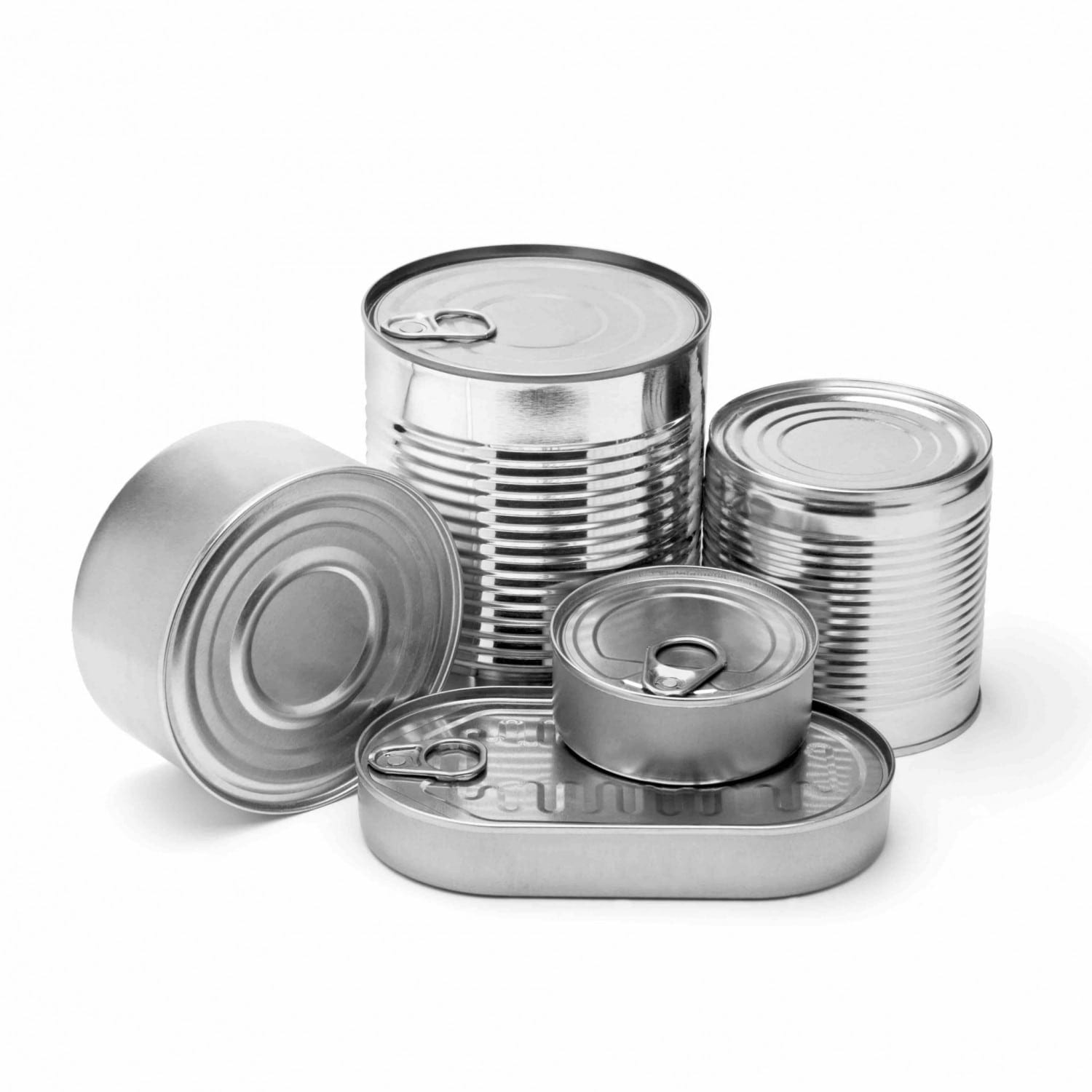Bisphenol A (BPA) is a common additive to plastics that has been shown to be harmful to human health. You’ll find it in things like plastic water bottles, plastic food storage containers. BPA can also be found in the plastic that lines canned food and tetra packs and food packaging (long life drinks and food).
Bisphenol chemicals are endocrine disruptors and xenoestrogens. Studies have shown that BPA is associated with an increased risk of endometriosis, infertility, breast cancer. It can contribute to learning difficulties in children and can even affect their behaviour.
Studies like this one are now also finding that blood BPA levels are associated with hypertension (high blood pressure) and that those that have higher BPA are more likely to get complications from their hypertension, like kidney dysfunction.
We know from studies that just about every human in the developed world has detectable levels of BPA in their bodies. You ingest BPA when you drink from plastic bottles, use plastic food storage (especially if you’re heating it in the microwave), canned food (the lining has plastic) and tetra packs (also lined with plastic). Heating plastic releases up to 55 times more BPA in your food or drink – so anything that has been pastuerised in the bottle or canned will have high levels of BPA. Takeaway coffee cups are also lined with plastic containing BPA and the hot liquid aids its release.
But, isn’t plastic going BPA free? A lot of plastic manufacturers are now producing BPA free plastic – but it isn’t any safer. BPA free plastic contains other bisphenol chemicals, like BPS or BPD. The only safe way to avoid bisphenol is to try and eliminate plastic from your food and drink altogether.
Tips for going bisphenol free
- Get a glass or stainless steel drinking bottle and fill it with filtered water.
- Avoid sodas and mineral water from plastic bottles.
- Use glass storage containers or reused jars to store leftover food in. Never, ever heat plastic in the microwave.
- Avoid ready made and frozen meals that come in plastic.
- Stop eating canned food. Tomatoes in particular are high in BPA due to the acidity in the fruit, which leaches even more BPA out. Use organic passata in glass jars instead. For coconut milk we stock a freshly made version that is in a glass jar, available at our Healthy Living Store.
- Brink your own ceramic or glass re-usable coffee cup for takeaways.
- Avoid tetra pack liquids, like long life milk.
For more advice about BPA and other chemicals, come to our Environmental Toxins workshop which provides a wealthy of knowledge about how to detoxify your home and body.



